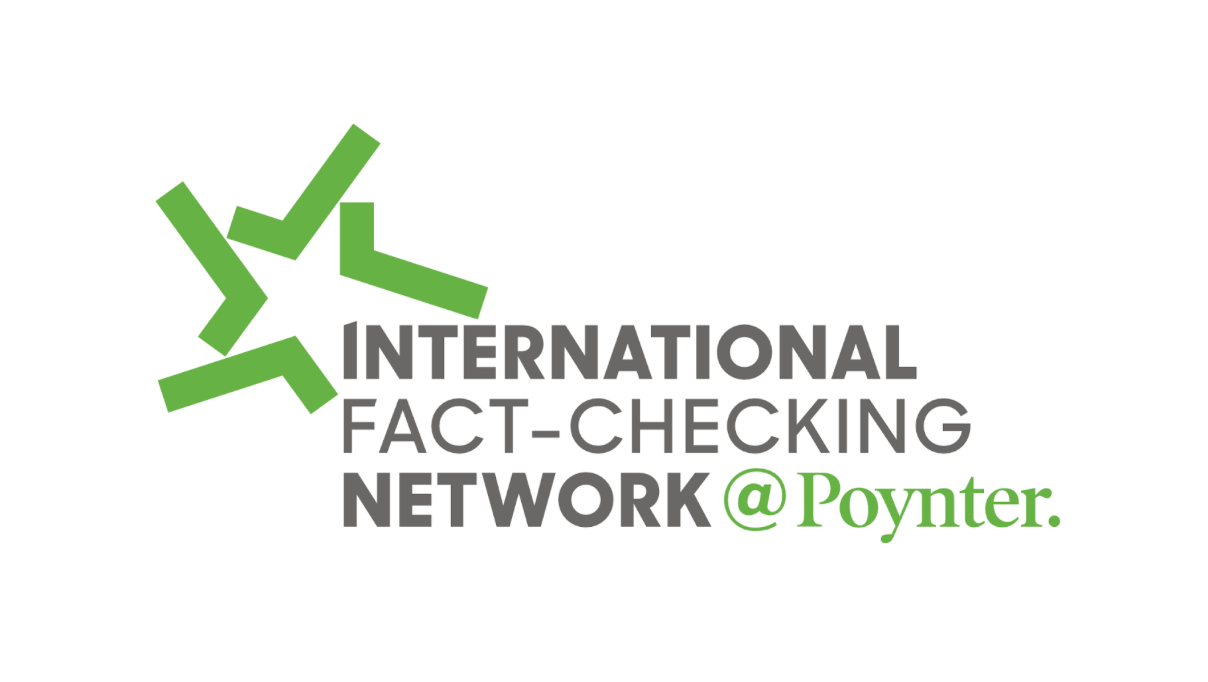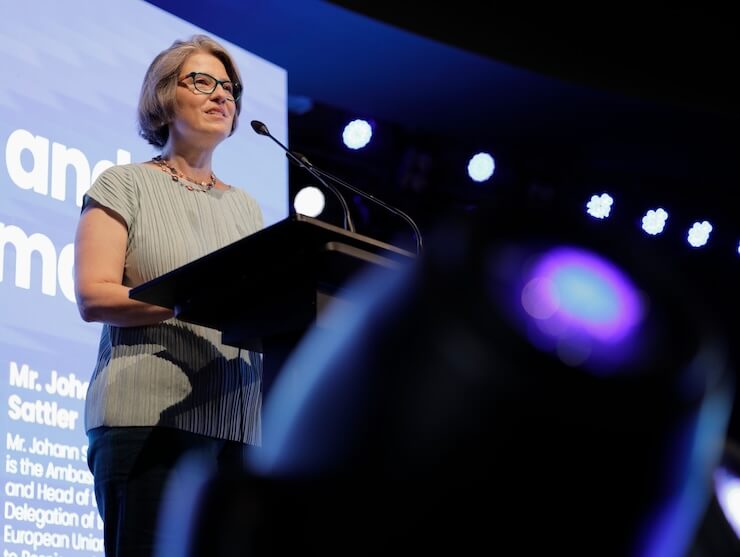The Hartford Courant, the oldest continuously published newspaper in the U.S., published two obituaries last month for Tom Condon, perhaps the paper’s most accomplished journalist over the past half-century. Before retiring in 2015, he spent 45 years with the paper as, among other roles, an investigative reporter, a columnist of two decades and chief editorial writer.
He died Sept. 10, at age 78, after a recurrence of cancer.
Apart from publishing the obits, the Courant had nothing to do with either one.
One of the obits ran first in The Connecticut Mirror, written by managing editor Stephen Busemeyer. Like Condon, Busemeyer is a former Courant staffer. The Mirror is a nonprofit startup launched in 2010 to fill some of the gap left by the state’s dwindling news resources. The Courant published the obit by Busemeyer later the same day under a syndication agreement it has with the Mirror. Originally accessible, it is now behind a paywall.
The other obit was written by the Condon family. In addition to appearing on the Courant’s website, the family obit is also published on Legacy.com.

(Screenshot/The Hartford Courant)
Historically, obits have often been described as one of the best-read sections of newspapers. And Poynter’s Kristen Hare has done extensive reporting on the value of obits to newspapers’ future.
Paid obits, often written by and paid for by family members, have been boosting the sagging revenues of newspapers for a couple of decades. (The Courant charges about $1,200 for an obit the length of the one submitted by the Condon family, with an extra charge for a photo.) In 2019, Axios reported that more than a million paid obits were producing $500 million annually for newspapers, a small but significant chunk of overall advertising and circulation revenues then totaling about $25 billion a year.
The media ecosystem around death and dying is continuing to evolve. Legacy.com reported earlier this year that it has generated $52 million for newspapers with a centralized obit portal, introduced in 2022, that had placed 110,000 obits in many of its 2,800 partner newspapers.
Column.us and Modulist.news are other companies providing similar services to newspapers. (Column acquired Modulist earlier this year.)
In the obit published initially in The Connecticut Mirror and picked up later that day by the Courant, Busemeyer wrote:
Condon’s career in journalism was almost entirely conducted at The Hartford Courant, where he started work in 1970 after a short tour in Vietnam. He retired from The Courant at the end of 2015 and wrote regularly for The Connecticut Mirror since then.
Condon was the rare journalist who was deeply respected and admired by colleagues, readers and elected officials alike. Former colleagues described him at various points in his career as “The Courant’s Rock of Gibraltar,” the “wit and conscience” of The Courant and “a Connecticut institution.” He won award after award, including the Yankee Quill and membership in the New England Newspaper Hall of Fame, and the editorial he wrote on Dec. 14, 2012 after the Sandy Hook shooting was described as “a masterpiece.”
When Busemeyer succeeded Condon as chief editorial writer at the Courant, he recalled Condon giving him only one piece of advice: “Do your own reporting.”
So when Tom’s wife, Anne, asked him to write the obit, Busemeyer sat down with Tom and said: “You want me to write the obit, I’m going to have to do my own reporting.” They spoke for two hours.
The obit appeared in the Courant as part of a content-sharing policy that the Mirror relies on to syndicate its content for a fee to for-profit companies like the Courant. The Courant is owned by Tribune Publishing and Alden Global Capital, the investment fund that acquired Tribune in 2021. Nonprofit news organizations are invited to republish Mirror stories without charge.
Mirror publisher Bruce Putterman declined to say how much the Courant pays but said the Mirror’s syndication rates range from $50 a month for a for-profit hyperlocal site to $2,000 for a much larger operation.
He noted that the $40,000 a year that the Mirror generates from its syndication service does not represent a significant share of its $3 million revenue budget. But he described the service as an important boost to the Mirror’s mission to “inform as many people as possible about what’s going on in their state.”
Across North America, the Institute for Nonprofit News reports that 347 of its members published their content on about 15,000 other outlets in 2023, roughly double the republication total from the year before. Jonathan Kealing, INN’s chief network officer, says the 347 represents the portion of its 475 members that provided data to INN, so total republication is likely somewhat higher.
Wisconsin Watch, a nonprofit launched in 2009, tracked 448 news organizations republishing or citing their work in 2023. That compares with 256 republications/cites in 2019. According to managing editor Jim Malewitz, free republication serves the organization’s mission of “informing people in Wisconsin so they can make good decisions.”
Several papers have announced content-sharing arrangements with The Associated Press in recent months.
In Connecticut, the Mirror’s Busemeyer said he alerted the Courant to Condon’s death shortly after he got a call with the news from Anne. Busemeyer then phoned Courant executive editor Helen Bennett and alerted her that his obit would be forthcoming later that day.
“They were relieved,” Busemeyer said of the Courant staff. “There’s nobody left over there who knew Tom very well.”

(Screenshot/CT Mirror)
I emailed Bennett at the Courant with several questions about her decision to use the Mirror obit and, more generally, about the Courant’s use of Mirror stories. Her response: “Like many news orgs in Connecticut, we partner (with) the Mirror. As they are a partner, we chose to use their story on Tom.”
I was a few years behind Condon at the same high school and college and admired his work from afar for decades. Unaware of the cancer he was dealing with, I was surprised not to hear back from an email I sent him a few months ago.
I learned of his death via email from a friend who sent along a link to the Mirror obituary as it appeared in the Courant. A couple of weeks later, she sent me the link to one more instance of Condon’s story spreading across digital media: the link to an appreciation by Lisa McGinley, a member of the editorial board at The Day in New London, where Condon grew up and went to high school.
I wasn’t able to get to Tom’s funeral in Hartford, but The Franciscan Center for Urban Ministry livestreamed the service. Its YouTube recording has attracted more than 300 views.
In his eulogy, Condon’s brother, Garret, recalled a recent conversation:
“Tom said, ‘I’ve had such a great life, I wish I could will it to somebody.”
He may not have figured out a way to “will” his life to somebody, but his friends and family did find effective ways of sharing it.
As Garret said from the pulpit in concluding his remarks: “Tom, you wanted to find a way to pay it all forward, a way for us to inherit the goodness of your life. Look around. You did it.”







